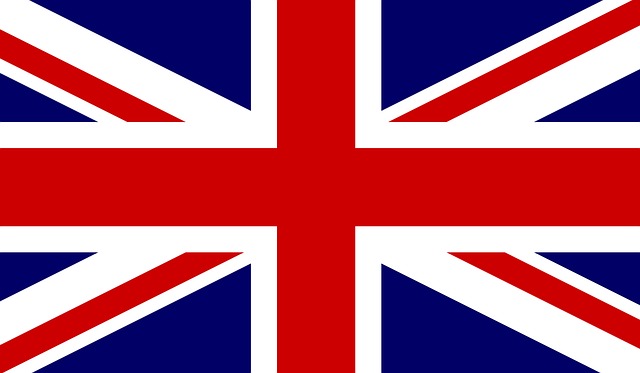Forum Categories › INTERNATIONAL VAT ON CROSS-BORDER TRANSACTIONS › Distinction between art.132 and art.135 of the VAT Directive? › Reply To: Distinction between art.132 and art.135 of the VAT Directive?
Member state in local laws should be in line with exempt transactions are described in art.132 and art.135 of the EU VAT Directive which are both mandatory provisions. If a Member State fails to exempt something which plainly falls within the exempt categories, a trader (or the European Commission) can take a case to the Court of Justice to enforce the Directive.
Art. 132 relates to Exemptions “In the public interest” vs “Other exemptions” are in art.135.
With respect to Art.132, the presumed intention is not to burden such public interest services with VAT. These entities have some social benefit and are often carried out by public or charitable bodies (although they may also be provided commercially). These include healthcare, education and sport. Art.135 is mainly concerned with activities which are commercial but which do not fit well within the normal scheme of a ‘value added tax’ because there is no clear relationship between costs and revenues – financial services and insurance, gambling, and supplies of letting land and buildings.
The biggest distinction between art.132 and art.135 is that exemption under art.132 may be made subject to more conditions under arts.133 and 134.
Art.134 is a mandatory provision which Member States must implement – several of the public interest exemptions must not apply where the supply is NOT ESSENTIAL to the transaction which is exempted, or whether the PURPOSE OF THE SUPPLY IS TO OBTAIN ADDITIONAL INCOME for the supplier from transactions which compete directly with commercial operations which have to charge VAT.
Art.133 allows Member States to impose conditions on the bodies which make supplies within art.132. Art.132 supplies by ‘public bodies’ (e.g. government departments) must be exempt; non-public bodies may be excluded from the exemption if they do not meet various conditions, for example if they are commercial organisations trying to make a profit. Another permissible condition is for the organisation to be ‘managed on an essentially voluntary basis’, which means that the senior management must not be paid salaries. On 21 September 2017, CJEU issued a decision that the VAT exemption for cost sharing groups cannot apply in the banking and insurance sector re (DNB Banka, Aviva and EC v Germany).
